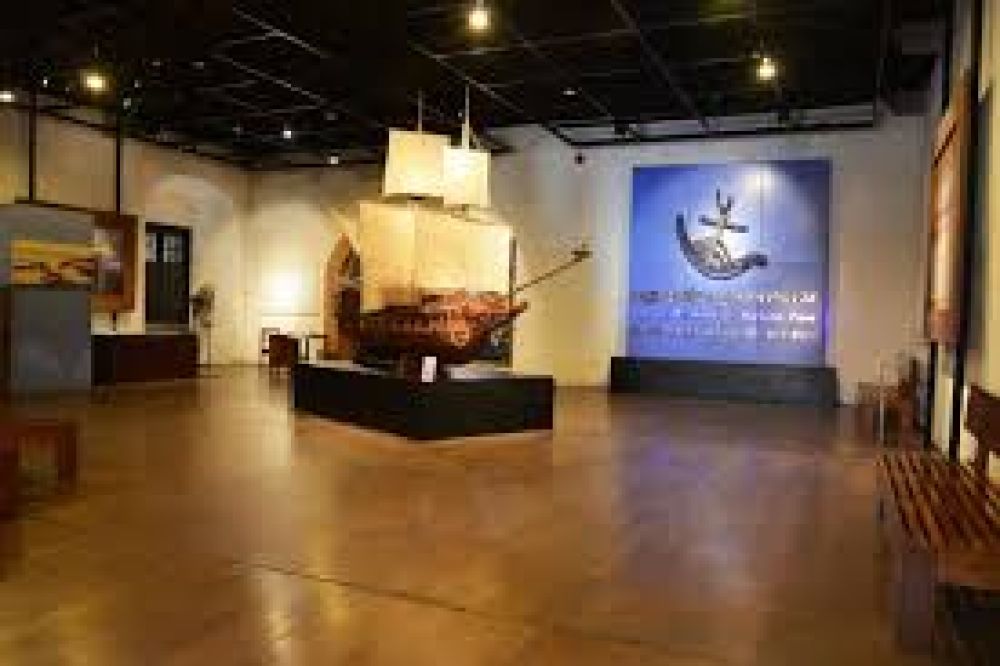

The Maritime Archaeology Museum located in Galle, Sri Lanka, is a testament to the complex maritime history that has shaped the island and its people. The museum itself is housed within a 17th-century Dutch warehouse above the Old Gate of Galle Fort, which has been standing since the Portuguese era in the 16th century. The Dutch later fortified the port in the 17th century, and the British then took over in the 18th century, each leaving their distinct mark on the city's architecture and cultural landscape.
The history of tourism in Galle is intricately linked to the Galle Fort, which is a UNESCO World Heritage site. Visitors have been coming to Galle to witness its rich historical narrative, charming streets, and coastal beauty since the colonial period when it was a prominent port city. However, it wasn't until the late 20th century that a significant growth in tourism was witnessed, following the broader trends of tourism development in Sri Lanka. Post-civil war, there was a boom in tourist arrivals with a surge of interest in the country's unique heritage and the allure of its tropical environment.
The Maritime Archaeology Museum plays a pivotal role in attracting academics, history enthusiasts, and tourists who are keen to learn about the maritime history of Sri Lanka, the trading routes, and the underwater treasures that were once carried along the Silk Road. Established after the tragic tsunami of 2004, which heavily damaged the facility, the museum was revamped and re-opened in 2010. It now contains artifacts recovered from shipwrecks and exhibits on marine biology and the ecology of the Galle harbor.
The latest tourism trends in Galle and the larger Sri Lankan context have seen a pivot towards eco-tourism and sustainable travel. Tourists are increasingly interested in hotels and activities that minimize environmental impact and support local communities. There's also a growing trend in experiential travel where visitors are looking for unique and authentic experiences, such as participating in archaeological digs, attending workshops on traditional Sri Lankan crafts, or joining local cooking classes.
Additionally, there has been an increase in digital nomadism, with professionals looking for destinations that offer a mix of leisure, culture, and connectivity. Galle, with its historical allure and modern amenities, has become an attractive spot for this new wave of travelers.
When visiting the Maritime Archaeology Museum, tourists not only get to understand the history of seafaring and the interesting underwater archaeology but also the technological progression and cultural exchanges that took place throughout the centuries. The museum's displays, which range from maritime vessels, maps, naval artifacts to personal belongings of sailors, serve as educational tools for all ages.
It's recommended that visitors allocate at least a couple of hours to fully appreciate the exhibits. Additionally, hiring a knowledgeable guide can greatly enhance the learning experience as they provide context to the artifacts on display and unravel the stories behind them.